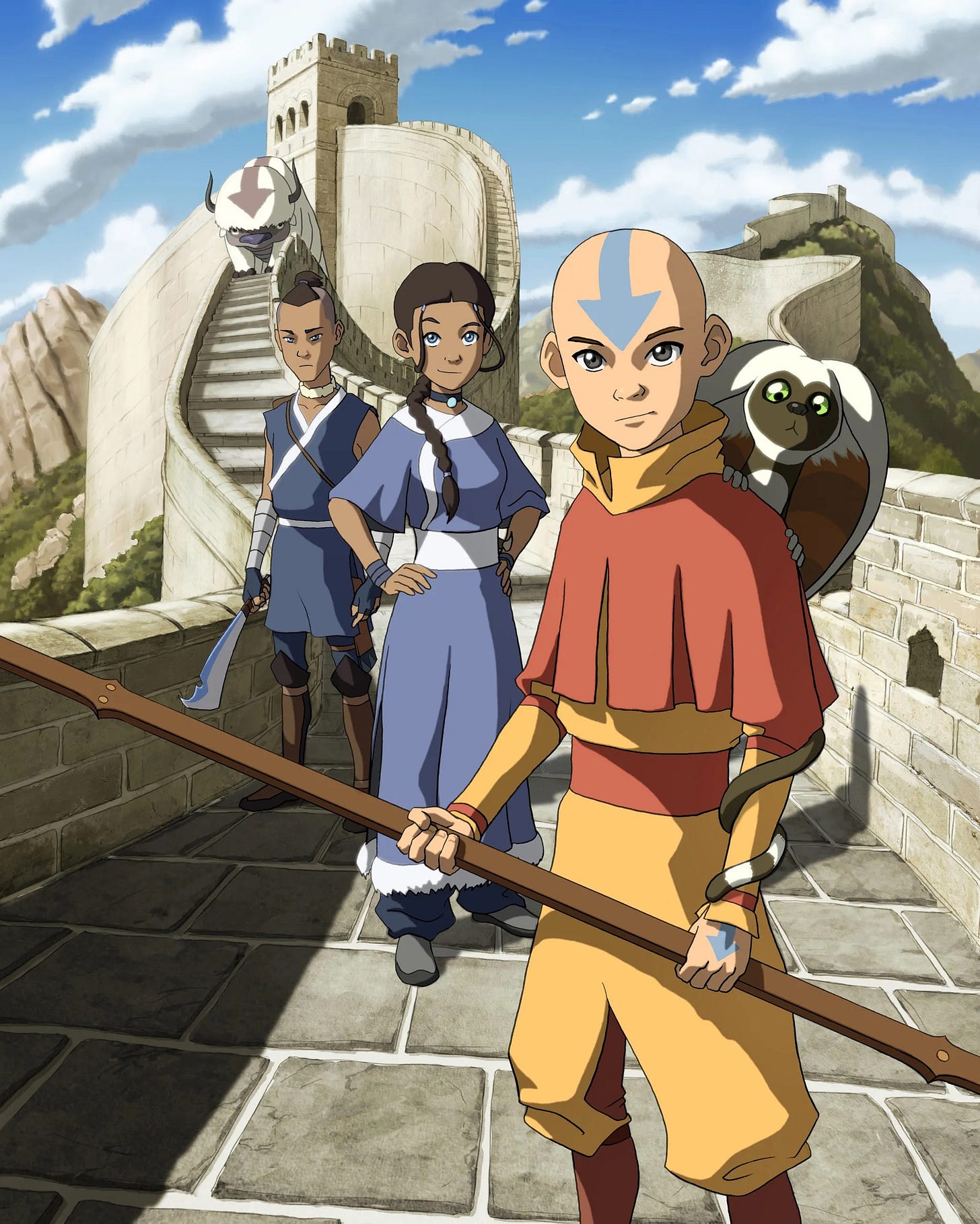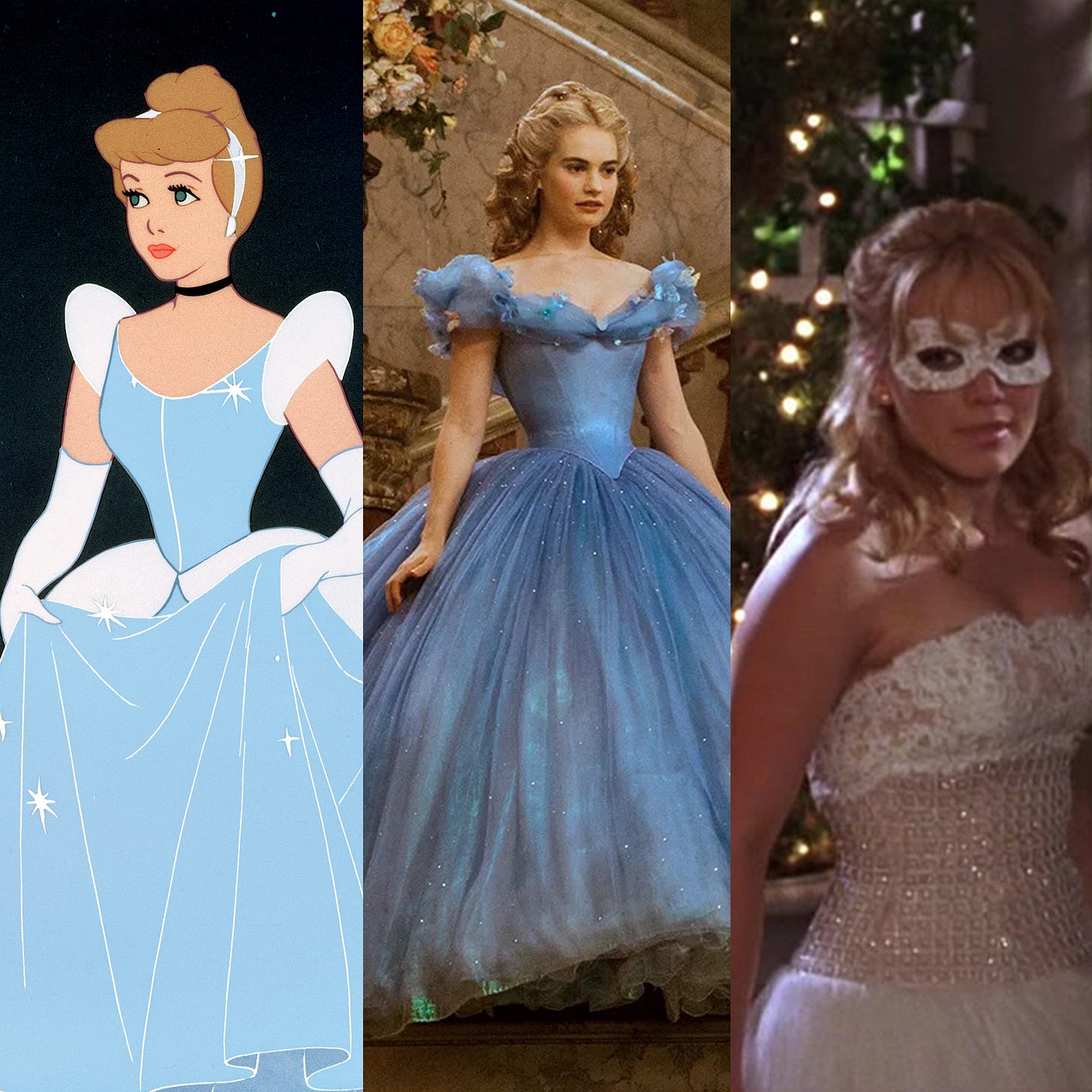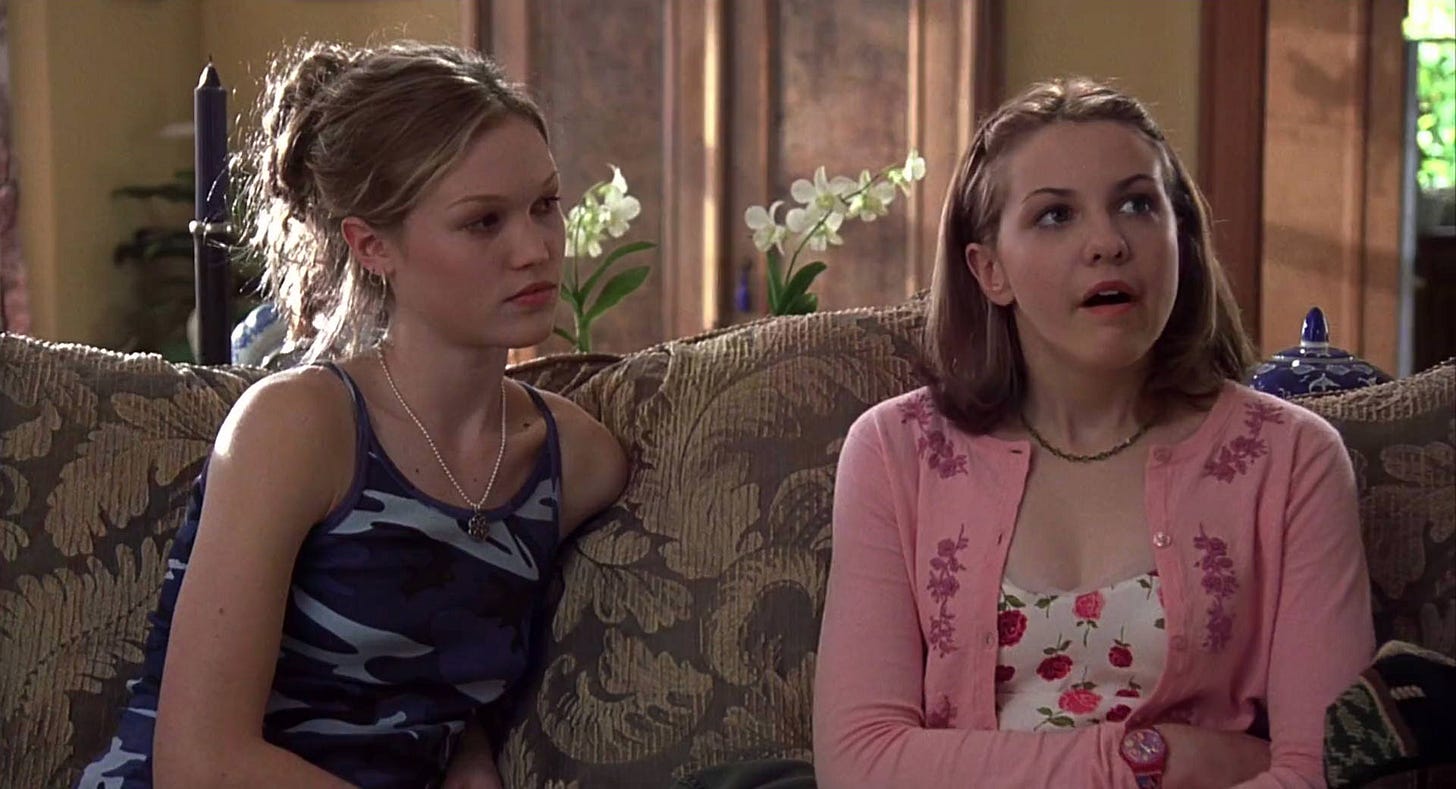During one of the many lockdowns, I watched the beloved 2000s Nickelodeon TV show Avatar: The Last Airbender for the first time.
As someone who writes YA literature, I have a big soft spot for children’s stories and Avatar was no exception. I thought it was amazingly written with beautiful animation. It made me laugh, cry, gasp and I always wanted to know what happened next.
Having not bothered to check out the 2010 M. Night Shyamalan film adaptation (it currently holds a shockingly bad 5% approval rating on Rotten Tomatoes), I was cautiously optimistic when Netflix announced that they were making a live action TV series adaptation of the show.
But since then series creators Michael Dante DiMartinno and Bryan Konietzko parted ways with Netflix, the trailer looks devoid of the original series’ charm and new showrunner Albert Kim has made some concerning comments about how the show ‘couldn’t just be for kids’ and needs to ‘appeal to the people who are big fans of Game of Thrones’.
It’s left many fans, including me, starting to wonder what’s the point of a remake? Avatar is a well-loved show with plenty of fans from its Nickelodeon days and still steadily picking up new fans despite the fact it finished airing in 2008. What could a live action version offer that the animated series didn’t?
It feels like we are in the era of remakes
To start with the cynical answer, movie remakes are common because they make money. If a studio is worried about their bottom line, their first instinct is often to turn to the most loved IP they have collecting dust on their storeroom shelf. Who wouldn’t want to see their favourite characters again?
While Disney have been producing live action remakes of their animated movies since 1994 with Rudyard Kipling’s The Jungle Book starring Jason Scott Lee, a new focus on remakes clearly began in 2015 with Kenneth Branagh’s Cinderella which made $540 million.
This was followed by a suite of live action remakes including Beauty and the Beast (2017) which made $1.266 billion and The Lion King (2019) which made $1.663 billion.
The numbers don’t lie – while I may have heard much more chatter recently about Barbie than I did about a new Lion King in 2019, the ‘live action’ photorealistic lion remake made over $200 million more than the Margot Robbie comedy.
So we might be in the Disney live action remake era, but movie remakes have been around for much longer. As Daniella Scott wrote for Cosmopolitan in 2021, we might feel like we’re in ‘entertainment Groundhog Day’, but remakes are nothing new in the Western film landscape.
Surely it’s more than just the money
Remakes are easy for both the studio and the audience.
The studio doesn’t have to invest in creating a new story from scratch and neither does the audience. From the studio’s perspective, the benefit is obviously financial.
But there’s arguably a benefit for the audience as well. Instead of taking a punt on a new film, it’s easy to go see the new Little Mermaid because you already know Ariel and the story. You may not have a great time, but you’re almost definitely going to have a good one. There’s no real investment required from the audience either.
Remix, not remake
But if we settle for what is easy, we miss out on bold stories with something more to say.
If remakes aren’t doing anything new, why bother with them at all? Shouldn’t we stick to purely original stories?
A truly original story is exceptionally rare. All stories are rooted in the ones that came before them. Every culture has a particular way and style of telling stories and there are plenty of shared narrative arcs.
Each story continues a conversation with the story that came before it. The question should be whether each new Cinderella movie says something new instead of saying the exact same thing. Does it continue the conversation? Or is it just an empty mirror held up in front of us?
The true power of a retelling is when the film takes us on a new journey that captures the emotional heart of the source material. There’s a reason why the French story of Cendrillion has been retold over and over again, there is something there that people keep coming back to.
We can find these in Disney’s own catalogue. While the premise of Tangled is the same as the original fairytale – girl with long hair trapped in tower – the 2010 film asks the new question of ‘What if Rapunzel got herself out so she could see the world?’
Then there’s the slate of high school literary retellings, each dripping in comedic charismatic and palpable romantic chemistry: She’s the Man (a retelling of Shakespeare’s Twelfth Night), 10 Things I Hate About You (a retelling of Shakespeare’s The Taming of the Shrew), Clueless (a retelling of Jane Austen’s Emma) and A Cinderella Story (as the name gives away, one of the many Cinderella retellings).
These movies often revive their source material through new characters with fresh motivations, contemporary themes and humour and a brand new setting. 10 Things I Hate About You is not Shakespeare as written – go see your local community theatre troupe staging it in the park for his brilliance – but it’s a wonderfully hilarious and charming story about two sisters struggling to navigate a patriarchal world.
So it’s definitely possible to revisit an old story in a new way. I’m just not convinced that many of these movie studios are currently brave enough to do that.
In the same interview, Albert Kim describes the new live action remake of Avatar in this exact way stating that it is ‘a remix, not a cover’. While I can’t see any evidence of that yet from the footage so far, season 1 of Netflix’s new Avatar: The Last Airbender drops later this week on February 22 so we’ll quickly find out whether the show has anything new to add to the conversation.





Great post, and I’m also an ATLA fan here – will be keen to hear your thoughts on the Netflix series when we’ve both watched. It definitely can be disappointing to see the lack of leaps of faith when it comes to films in particular – there are so many books with great stories and potential, and a waiting audience already, waiting to be adapted which would be so much better than remaking existing films over and over again.